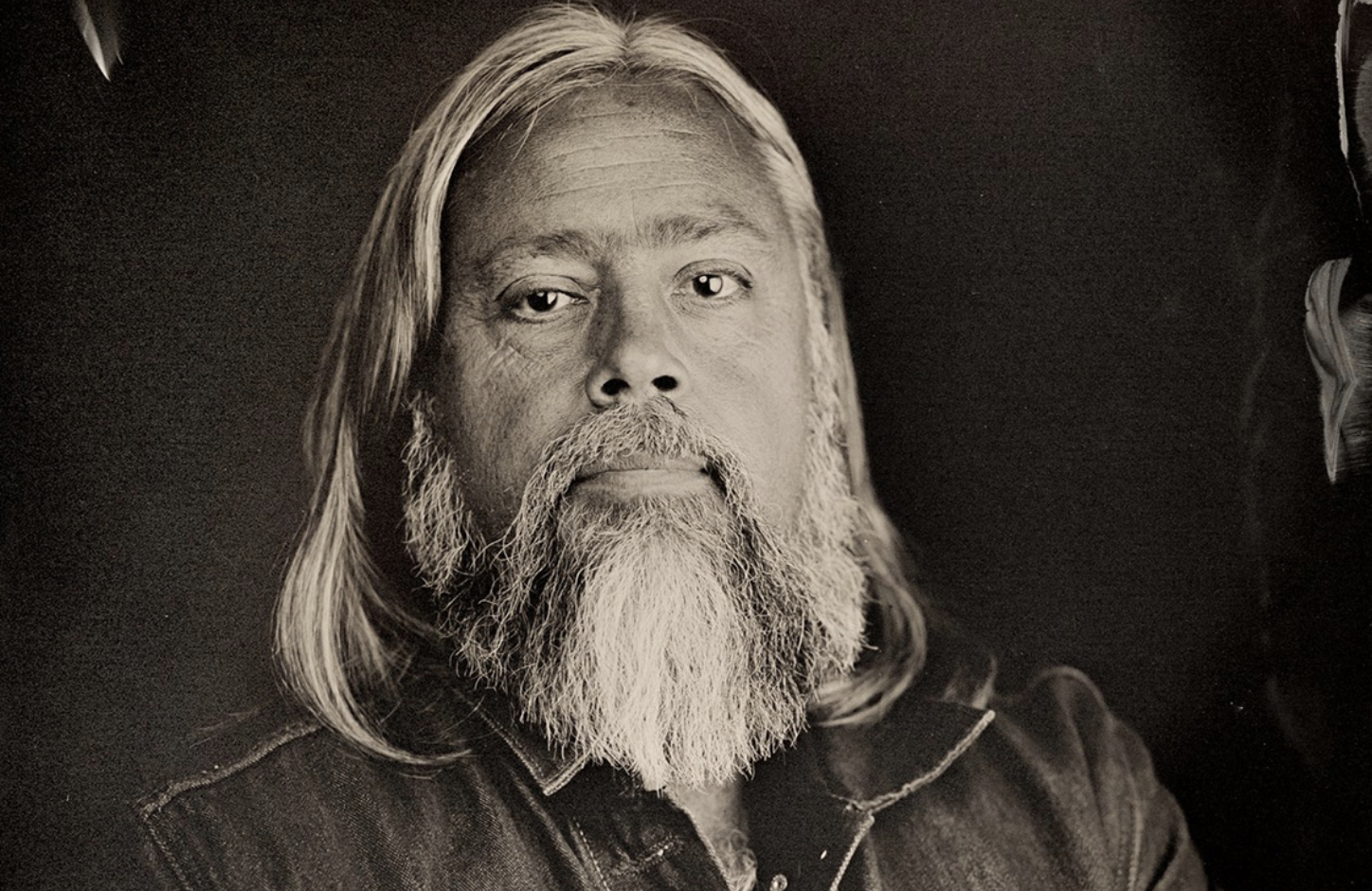
- Details
- By Native News Online Staff
Chris La Tray, a tribal citizen of the Little Shell Tribe of Chippewa Indians, has been named by Montana Governor Greg Gianforte for the term of 2023-2024. The announcement was made by the Montana Arts Council.
La Tray, known for his two poetry collections, "One-Sentence Journal: Short Poems and Essays from the World at Large" and "Descended From a Travel-worn Satchel: Haiku & Haibun," has firmly established himself as a prominent figure among Montana's poets.
His debut work, "One-Sentence Journal," received numerous accolades upon release, including the 2018 Montana Book Award, the 2019 High Plains Book Award (Best First Book), and a finalist spot for the 2019 High Plains Book Award (Best Book by Indigenous Writer). Anticipation is building for his upcoming book, "Becoming Little Shell," set to be published in 2024 by Milkweed Editions.
Upon learning of his appointment, La Tray expressed his excitement, stating, "I'm thrilled to have this opportunity. I never saw myself as a poet until others began to call me one."
Looking ahead to his new role, La Tray expressed his interest in reaching places that might not typically be associated with poetry events. He mentioned his plans to hit the road, visiting all tribal colleges. He even shared his excitement about an invitation from Wibaux, humorously adding that Wibaux is almost like North Dakota. In addition to his poetic endeavors, La Tray intends to continue collaborating with Montana's Office of Public Instruction and Humanities Montana in their Indian Education for All Initiative. This initiative aims to educate Montanans about the history of the state through the perspectives of the Little Shell Tribe of Chippewa and Métis cultures.
La Tray was born and raised in Frenchtown, Montana.His prowess with language runs in the family—his Métis great-great-grandfather Mose served as a multilingual interpreter for the US Army, while Chris himself advocates for the revitalization of Indigenous languages spoken in Montana. Prior to the publication of his first book, La Tray contributed writing to the Missoula Independent and had his fiction and nonfiction pieces featured in various publications. He maintains an online journal called "An Irritable Métis," where he grapples with matters of cultural identity, the natural world, and the path Montana is taking.
La Tray takes over the role of Poet Laureate from fellow Missoula valley writer Mark Gibbons. Mark's tenure included conducting a series of video interviews with fellow Montana poets and contributing regularly to the Montana Arts Council's publication, "State of the Arts." As Chris steps into this role, he becomes the eleventh Montana Poet Laureate and embarks on his two-year term.
The position of Montana Poet Laureate was established in 2005 through the efforts of the Montana State Legislature.
More Stories Like This
Watermark Art Center to Host “Minwaajimowinan — Good Stories” ExhibitionMuseums Alaska Awards More Than $200,000 to 12 Cultural Organizations Statewide
Zuni Youth Enrichment Project Takes Top Emerging Artist Apprentices to Phoenix for Artistic Exploration and Cultural Immersion
From Dishwasher to Award-Winning Chef: Laguna Pueblo's Josh Aragon Serves Up Albuquerque's Best Green Chile Stew
Rob Reiner's Final Work as Producer Appears to Address MMIP Crisis
Help us defend tribal sovereignty.
At Native News Online, our mission is rooted in telling the stories that strengthen sovereignty and uplift Indigenous voices — not just at year’s end, but every single day.
Because of your generosity last year, we were able to keep our reporters on the ground in tribal communities, at national gatherings and in the halls of Congress — covering the issues that matter most to Indian Country: sovereignty, culture, education, health and economic opportunity.
That support sustained us through a tough year in 2025. Now, as we look to the year ahead, we need your help right now to ensure warrior journalism remains strong — reporting that defends tribal sovereignty, amplifies Native truth, and holds power accountable.
 The stakes couldn't be higher. Your support keeps Native voices heard, Native stories told and Native sovereignty defended.
The stakes couldn't be higher. Your support keeps Native voices heard, Native stories told and Native sovereignty defended.
Stand with Warrior Journalism today.
Levi Rickert (Potawatomi), Editor & Publisher


